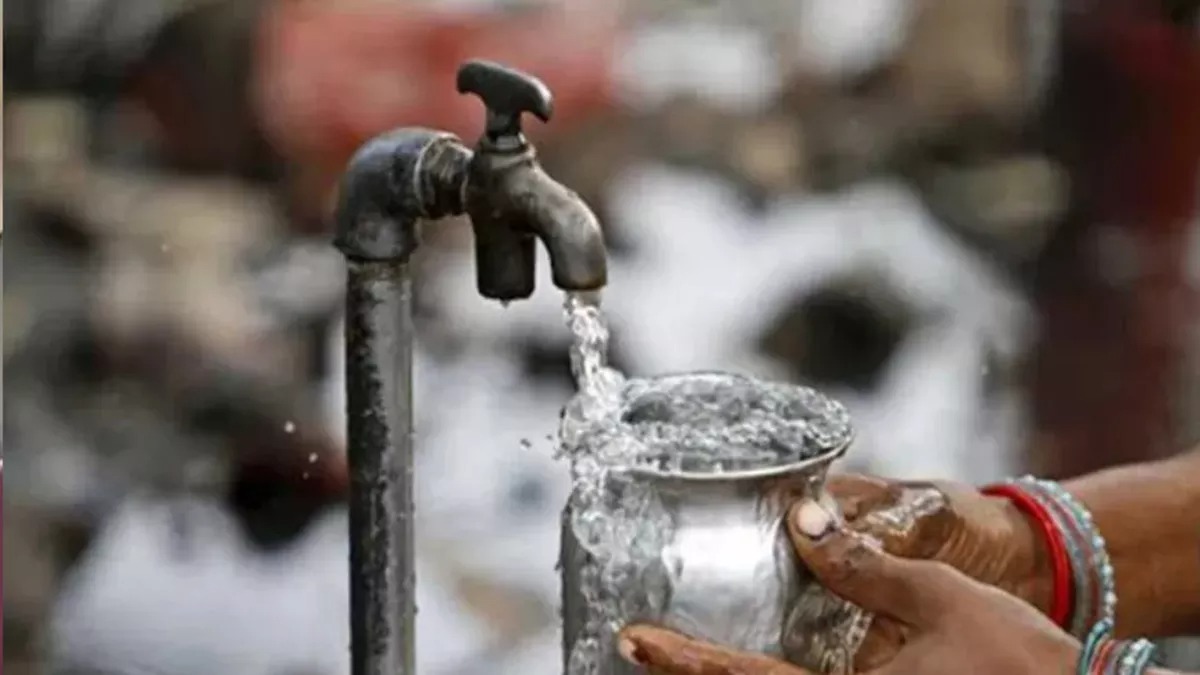
In the new system being adopted for water management, the central government has taken care that this most essential resource does not fall prey to mismanagement - especially the attempts to supply water for free or at reduced rates to satisfy political interests should be stopped.
Integrated Water Resources Authority will review the fee every year
If a government decides to reduce tariffs or provide free water, it will have to compensate the water supply departments so that the cost and maintenance can be recovered. In states like Delhi, the free water provided by the government has bankrupted the water board to such an extent that it has become difficult for it to even recover the maintenance cost.
According to a report of the Finance Department, the board is incurring a loss of Rs 1200 crore every year. The same situation prevails in Karnataka, where Deputy Chief Minister and Water Resources Minister DK Shivakumar admitted that the situation in Bengaluru is so bad that there is no option other than increasing the water charges by 20 to 30 percent, because the water board is not even able to pay the salaries of its staff.
Water tariff will have to be fixed for every sector and user
The situation of states like Uttar Pradesh, Madhya Pradesh, Maharashtra is also similar. This situation can end after the formation of Integrated Water Resources Authority in the states on the initiative of the central government. In the related bill, it is said that the State Integrated Water Resources Authority (IWRM) will have to fix the water tariff for every sector and user for the entire state.
These include irrigation, domestic use, industrial sector. These tariffs will be reviewed and revised every year. If this cannot be done every year, then it should be done at least within three years. The first of the principles on which the tariff will be determined is the recovery of the cost incurred in operation, maintenance and distribution.
Where water is being used in the best way
The second criterion is the needs and performance of different sectors. Along with this, recovery of capital invested in the construction of water infrastructure in a phased manner. While deciding the fee, it will also be kept in mind where water is being used in the best way and which sectors are minimizing wastage. To ensure that the fee is not excessive, people's capacity will also have to be taken into account. There should be equality in allocation, distribution and pricing among different sectors and people using water.
--Advertisement--

 Share
Share



